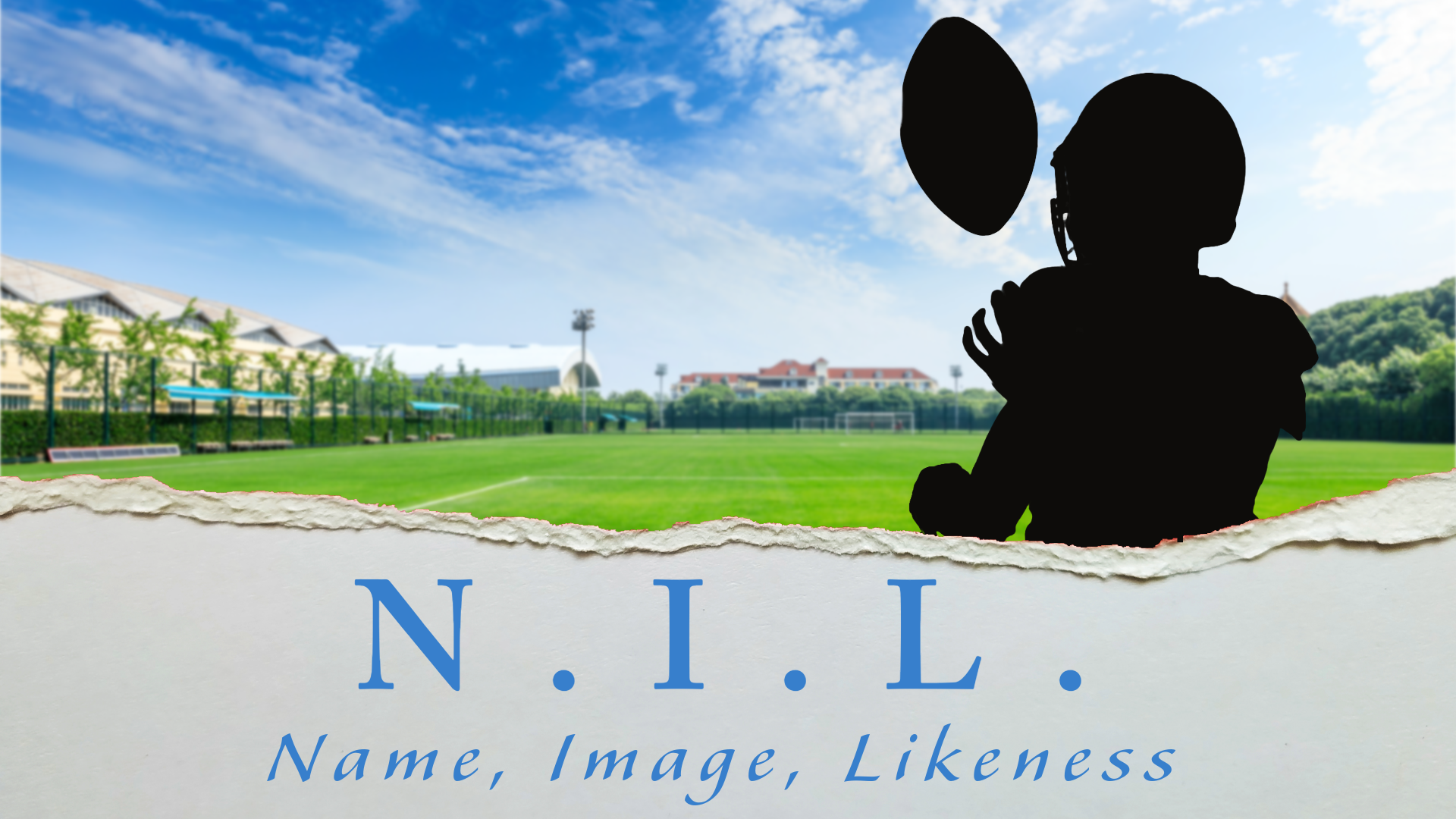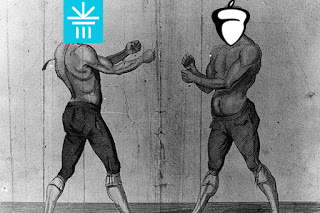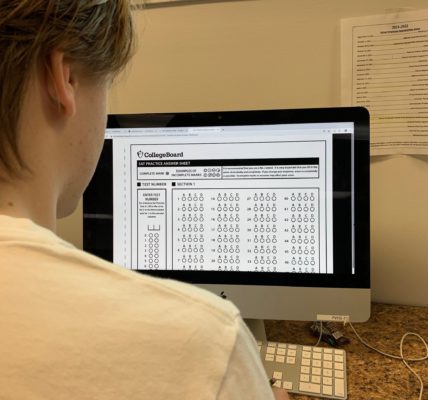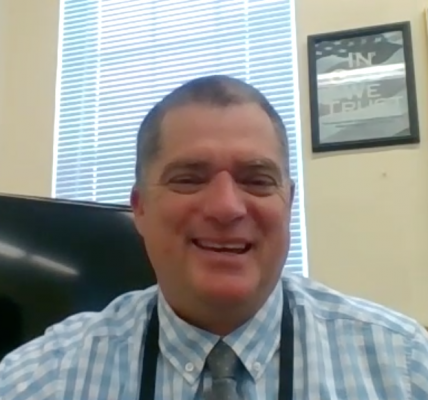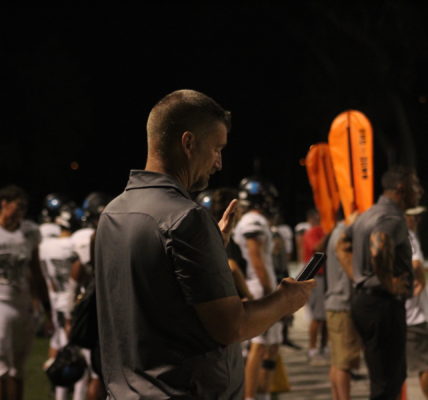By Max Sheikh
In a significant decision, the Florida High School Athletic Association (FHSAA) has agreed on an amendment allowing high school athletes to profit from their Name, Image, and Likeness (NIL) rights, making Florida the 36th state in the country to allow high school student-athletes to earn from their NIL. The change comes with growing trends seen nationwide and follows many other states that have taken the initiative to allow high school students to enter endorsement deals and other business opportunities, beginning in the school year 2024-25.
The decision has with it several potential benefits to high school athletes. To make a profit from their NIL, student-athletes will achieve financial independence and start building their personal brand at a very young age. Coach Steve Price, the head football coach at Ponte Vedra High School, expressed his support, saying, “I think it’s a great opportunity for kids and families to make money off their NIL… I think it is positive, but I’m looking forward to finding out how it works.” NIL deals may offer those from low incomes an opportunity for much-needed financial support to help them put money into their athletic careers, education, and other opportunities likely to be available in the future. In addition, learning to shift through the business areas of NIL deals can provide valuable life skills to the student-athlete, such as contract negotiations, money management, brand development, etc.—to take with them beyond their playing careers.
However, it is difficult to know exactly how much money high school athletes can make from NIL deals. Some people say that for most students, the NIL deals would be more of the nature of an afterschool job, and most athletes would only really earn money locally from local businesses. That includes Kevin Anderson, the CEO of Reach NIL, a platform that helps high schoolers navigate these waters. His company has made NIL deals for standouts from Benjamin High School such as Amari Williams and Micah Mays, Jupiter High School’s Luke Douglas, and Palm Beach Central High School’s Ahmad Houston.
“I think it’s a great opportunity for kids and families to make money off their NIL… I think it is positive, but I’m looking forward to finding out how it works.”
Steve price (HEad Football Coach at PVHS)
According to the new regulations, students and their parents or guardians must negotiate NIL deals; schools are not allowed to engage in negotiating any kind of agreement.
Meanwhile, the FHSAA established restrictions that are even more specific to prevent potential violations in recruiting as well as to keep competitive balance. An athlete is not allowed to commercialize their NIL using the uniform, logos, or equipment of the school. Furthermore, NIL deals are not allowed to be incentives for students to change schools. High school athletes who transfer in-season cannot sign any NIL agreements unless they have a good-cause exemption from their district.
Unlike college athletes, high school athletes in Florida will not have access to work with NIL collectives, organizations that gather money from businesses to arrange NIL deals. The FHSAA believes those types of entities at the high school level could result in too much commercialization of high school sports.
As Florida high schools get set for these changes, FHSAA and school administrators are now committed that NIL deals benefit the high school athletes in a way that does not compromise the integrity of high school sports. Coach Price summed it up well: “It will be interesting to see how it all plays out and how to keep the balance in sports so that every athlete still has the chance to be successful.”

